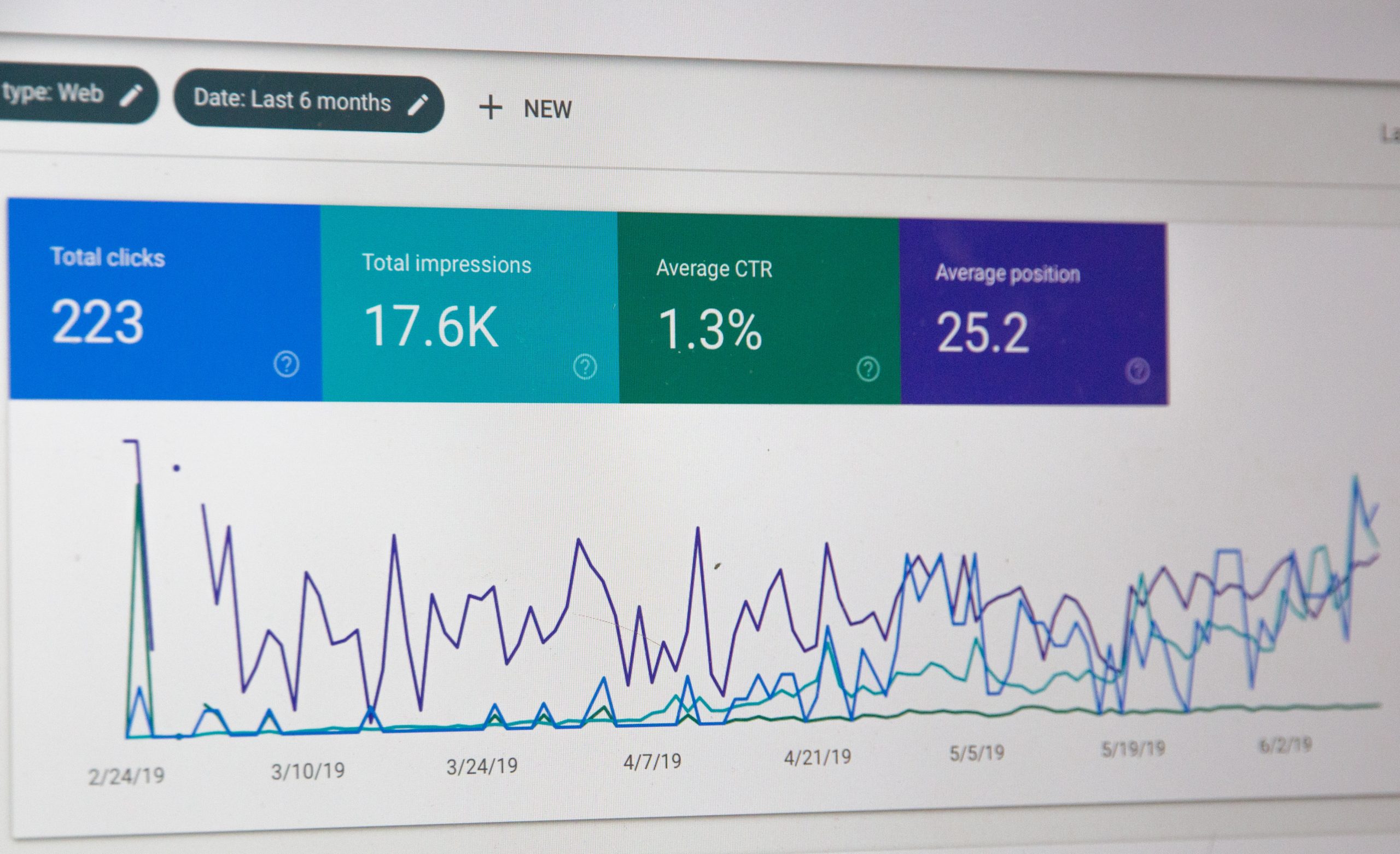In the world of search engine optimization (SEO), content is king. But what happens when that content appears in multiple places on your website or across the internet? Duplicate content can be detrimental to your site’s SEO and overall online presence. Search engines like Google strive to provide the best possible results for their users, and duplicate content makes it difficult for them to determine which page should rank higher in search results. In this article, we’ll explore why having duplicate content is an issue for SEO and what steps you or an SEO agency can take to avoid it.
What is duplicate content and SEO?
Duplicate content is a term used to describe identical or similar content that appears on multiple pages across the internet. This can pose a problem for SEO because search engines aim to provide users with the most relevant and unique content possible. When there are multiple instances of the same content, it becomes difficult for search engines to determine which page should be ranked higher in search results.
Having duplicate content on your website can also harm your SEO efforts because it dilutes the authority and relevance of your pages. If you have multiple pages with similar or identical content, search engines may interpret this as an attempt to manipulate rankings, resulting in lower visibility and traffic for your site.
To avoid issues with duplicate content, it’s important to ensure that each page on your website offers unique value and information. You can also use tools like canonical tags or redirects to indicate which page should be considered the primary source of a particular piece of content. By taking proactive steps to prevent duplicate content issues, you can improve the overall performance and visibility of your site in search results.

Definition: Understanding what duplicate content means
Duplicate content refers to blocks of text that appear in more than one place on the internet. It is not just limited to copy-pasting someone else’s work, but also includes content that is highly similar or almost identical. The problem with duplicate content for SEO (Search Engine Optimization) is that it can cause issues with rankings. Search engines like Google want to provide unique and valuable results for their users, so they tend to favor original and high-quality content over duplicated versions.
Having duplicate content can lead to several problems for website owners, including lower search engine rankings, reduced traffic, and lost revenue opportunities. When Google crawls a website and identifies duplicate content, it can become confused about which version should be indexed and displayed in search results. As a result, both pages may end up being penalized or dropping in rank as Google perceives them as less valuable or reliable sources of information.
To avoid these issues with duplicate content, website owners need to ensure that their pages are unique and offer something different from other sites online. They can do this by creating fresh material regularly or using canonical tags or redirects if any duplication occurs accidentally. By doing so, they will improve their chances of ranking higher on search engines while also providing value to readers looking for quality information online.
Effects on rankings: How it affects search engine rankings
Duplicate content can have a detrimental effect on search engine rankings. When there are multiple versions of the same content, search engines may struggle to determine which version is the most relevant and authoritative. This can lead to lower rankings or even penalties for websites with duplicate content.
Moreover, having duplicate content can dilute the authority and relevance of a website’s pages. If multiple pages have the same content, it becomes harder for search engines to understand which page should rank higher in search results. As a result, all pages with duplicate content may suffer from lower rankings.
To avoid these issues, website owners should ensure that their site only contains unique and original content. They should also use canonical tags to indicate which page is the preferred version of duplicated pages. By doing so, they can help search engines understand which page is more authoritative and relevant for specific queries – improving their chances of higher rankings in SERPs.

Penalties: Consequences of having duplicate content
Duplicate content can negatively impact a website’s SEO performance, leading to a decrease in search engine rankings and traffic. When there are multiple pages with similar or identical content, search engines may have difficulty determining which page should be ranked higher for relevant queries. This can result in lower visibility and reduced organic traffic for the affected pages.
In addition to affecting search engine rankings, having duplicate content on a website can also lead to penalties from Google. These penalties can range from minor drops in search rankings to complete removal from search results, depending on the severity of the issue. In some cases, websites that consistently engage in duplicate content practices may even be banned from Google altogether.
To avoid these consequences, it is essential for webmasters and content creators to ensure that all pages on their site contain unique and valuable information. This can involve conducting regular audits of site content, implementing canonical tags to consolidate similar pages, and utilizing tools like Copyscape to check for plagiarism or duplication across the web. By taking proactive steps towards preventing duplicate content issues, website owners can maintain strong SEO performance and avoid potential penalties from Google.
Causes: What causes websites to have duplicate content
Duplicate content is a common issue that many websites face. It is caused by various factors, including technical errors, intentional duplication, and scraper websites. Technical errors such as website migrations, domain name changes, and URL parameter variations can cause duplicate content issues when the old URLs are not properly redirected to the new ones. Intentional duplication occurs when website owners create multiple copies of web pages with similar or identical content to target specific keywords or locations.
Scraper websites are another cause of duplicate content. These sites copy content from other websites without permission or attribution and publish it on their own sites. This results in multiple versions of the same content being available online, which can confuse search engines about which version to rank higher in search results.
Regardless of the cause, having duplicate content can negatively impact a website’s SEO performance. Search engines may penalize sites with duplicate content by lowering their rankings or removing them from search results altogether. Duplicate content also dilutes a site’s authority and makes it harder for users to find relevant information on a particular topic. To avoid these issues, website owners should regularly check for duplicate content and take steps to address any instances they find.

Solutions: How to address and fix duplicate content
Duplicate content is a major issue for SEO because it can harm the visibility and ranking of a website in search engine results pages (SERPs). Search engines like Google prioritize unique and high-quality content to provide the best user experience. When there are multiple versions of the same content, search engines may struggle to determine which version is the most relevant and valuable to display in SERPs. This can lead to lower rankings, decreased organic traffic, and even penalties from search engines.
Solutions: How to Address and Fix Duplicate Content.
If you’re dealing with duplicate content on your website, there are several solutions you can implement:
- Use canonical tags: These tags tell search engines which version of a page should be considered the original or primary source of content.
- Rewrite or consolidate similar pages: If you have multiple pages that cover similar topics or have similar content, consider combining them into one comprehensive page with unique and valuable information.
- Implement 301 redirects: If you’ve moved or deleted pages on your site but there are still links pointing to those old URLs, use 301 redirects to redirect users and search engines to the new URL where the original content now lives.
By addressing duplicate content using these solutions (or others), you can help improve your website’s SEO performance by ensuring that only high-quality and unique content is being indexed by search engines.
Conclusion: Importance of avoiding duplicate content
Duplicate content is a major issue for SEO as it can negatively impact website rankings on search engines. When search engines crawl a website and find similar or identical content on multiple pages, they may have difficulty determining which page to display in their search results. This can lead to lower visibility and traffic for the affected pages.
Moreover, duplicate content can also dilute the authority of a website. When multiple pages are competing for the same keywords and phrases, they end up cannibalizing each other’s traffic and link equity. This means that each page becomes less valuable in the eyes of search engines, ultimately harming the overall ranking potential of the website.
In conclusion, avoiding duplicate content is crucial for maintaining a strong online presence. By focusing on unique and high-quality content that adds value to your audience, you can improve your chances of ranking higher on search engine results pages (SERPs) and attracting more organic traffic to your site.











